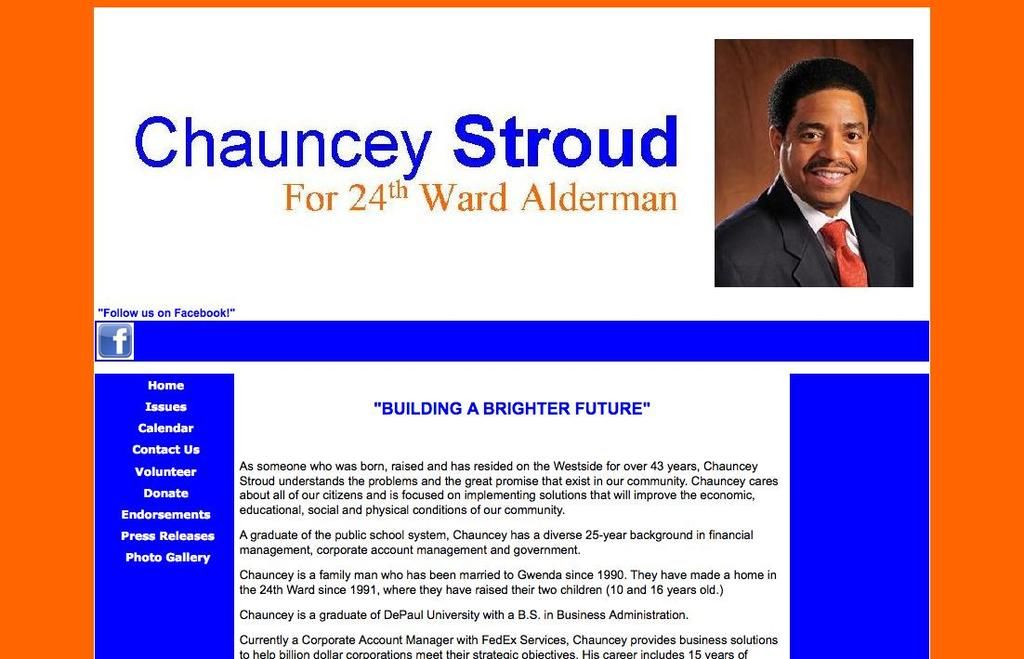Economic decline urged by Trump, who accuses Powell of causing U.S. employment deceleration
Revised Article:
Trump Slams the Brakes on US Economy: Demands Fed Chief Cuts Rates After Job Slowdown
Donald Trump, the illustrious former president, didn't mince words yesterday, taking a swipe at Jerome Powell, the Federal Reserve chairman, blaming Powell for a jaw-dropping slowdown in job growth.
The presidential jab came after ADP, a payroll firm, reported that employment growth in the United States last month hit a snag, reaching its lowest point in over two years. The private payrolls increased by 37,000 in May, marking a significant decrease compared to the anticipated growth of 110,000 jobs.
As the drumbeat of disappointment echoed through Wall Street, Trump took to his Truth Social platform, a popular social media service, and laid the blame squarely at the feet of Powell. He declared:
"ADP number out.. 'Too Late' Powell must now lower the rate. He is unbelievable. Europe has lowered nine times."
Trump's statements are likely to rekindle apprehension regarding his past criticisms of the Federal Reserve's independence. In the past, he walked back on language that hinted at firing Powell, following a sharp market sell-off.
Meanwhile, across the pond, a British employment survey revealed that private sector employment declined for the eighth consecutive month in May, marking the longest decline since 2008-2010 during the financial crisis. The setback was partly attributed to surging payroll costs, which increased following a national insurance hike and the introduction of a higher minimum wage by the Chancellor Rachel Reeves.
Despite these challenges, the sector showed signs of recovery, thanks to a resurgence in the services sector. On the other hand, the manufacturing sector saw a downturn.
As markets anticipate a Bank of England interest rate cut, analysts predict a significantly higher-than-50% chance of such a move in August and an increased likelihood of another cut later this year. Moreover, the European Central Bank is expected to decrease its interest rate today, though Trump's claim that Europe has reduced rates nine times is inaccurate - the ECB has cut its rate seven times since last June.
In related news, inflation in the euro area took a dive, dropping to 1.9% last month, falling below the bank's 2% target for the first time since September.
- Trump's criticism of Jerome Powell, the Federal Reserve chairman, has reignited concerns over the independence of the Federal Reserve, given his past history of criticizing rate decisions.
- The job growth slowdown in the United States has caused investors to question the future of the stock market, and Trump's call for lower interest rates could further impact the investing landscape.
- In contrast to the US, the UK is grappling with a decline in private sector employment due to rising payroll costs resulting from insurance hikes and minimum wage increases, which have affected the general business environment.
- As the European Central Bank prepares to lower interest rates, policy-and-legislation and political developments around the world continue to shape the financial and business landscape, with general news outlets closely monitoring the implications of these changes.





